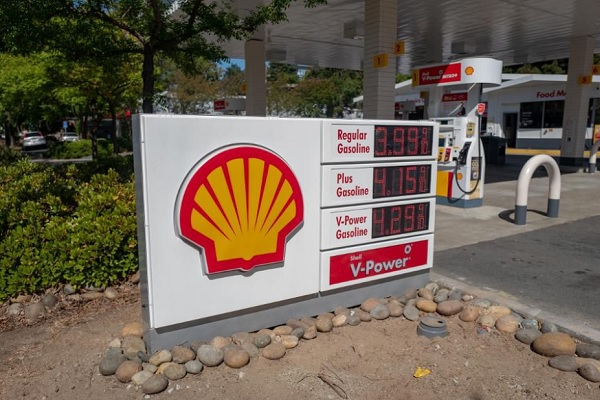Ten years ago, the potential housed in bitcoin’s underlying technology, blockchain, laid largely unknown to the public. Today, mammoth companies across numerous sectors are flocking toward the new innovation. A tech visionary and one of the top six leaders in the oil and gas sector, Shell, sees great promise in the technology, planning to explore public blockchain usage. Public blockchain usage is a seemingly newer trend for big businesses as opposed to private blockchain incorporation.
Prior to the recent new wave of decentralization, via the blockchain and cryptocurrency movement, the world was primarily centralized in nature. Blockchain provides a gateway toward such decentralization. Shell sees potential for the new tech to assist in the transition away from centralization, Shell blockchain tech lead Sabine Brink explained to me in an email.
“In general, decentralized technologies like blockchain create the opportunity to have a different view on the way we deal with data and algorithms. In a global energy system which must urgently decarbonize, we’ll see a move from centralized generation to distributed renewable assets. Blockchain technology could help manage this complex and decentralizing system by allowing customers to manage their own data, monetize their flexibility and automate the transactions needed to keep the lights on.”
Back in 2017, Shell created an entire division within the company, tasked with navigating the waters of blockchain technology and its potential applications. “[B]lockchain and AI are important emerging technologies in Shell,” Brink said. “That’s why we have a dedicated team working on realizing the potential of the technology throughout Shell globally.”
The Energy Web Foundation’s Public Blockchain
On June 19, 2019, the Energy Web Foundation (EWF) introduced “the world’s first public, open-source, enterprise-grade blockchain tailored to the energy sector,” according to a statement from EWF. The foundation’s “Energy Web Chain,” or “EW Chain” for short, already boasts over ten “EWF affiliates” that are helping run the network as validators.
At the time of the statement, EWF was keeping tabs on 17 different decentralized applications (Dapps) created by various players utilizing “Energy Web test networks,” the EWF statement detailed.
Shell’s affiliation with EWF runs deep as the pair have been involved since EWF’s beginnings, according to Brink.
“As one of the first affiliates of EWF, of course we are delighted that the chain is live. It’s a huge accomplishment which we are proud to be part of. It also means we will be able to use the chain in the production environment.”
Shell has several initiatives its looking to test out on the newly established public network. “We are looking at several use cases in the area of digital twins, mobility and renewable energies,” Brink said. “These use cases are in different stages of maturity.”
The oil and gas leader also recently shared its plans to invest in the startup LO3 Energy, which applies blockchain to improve the energy marketplace, including tracking clarity and enhancement, according to Forbes coverage on the subject.
Source: Original





